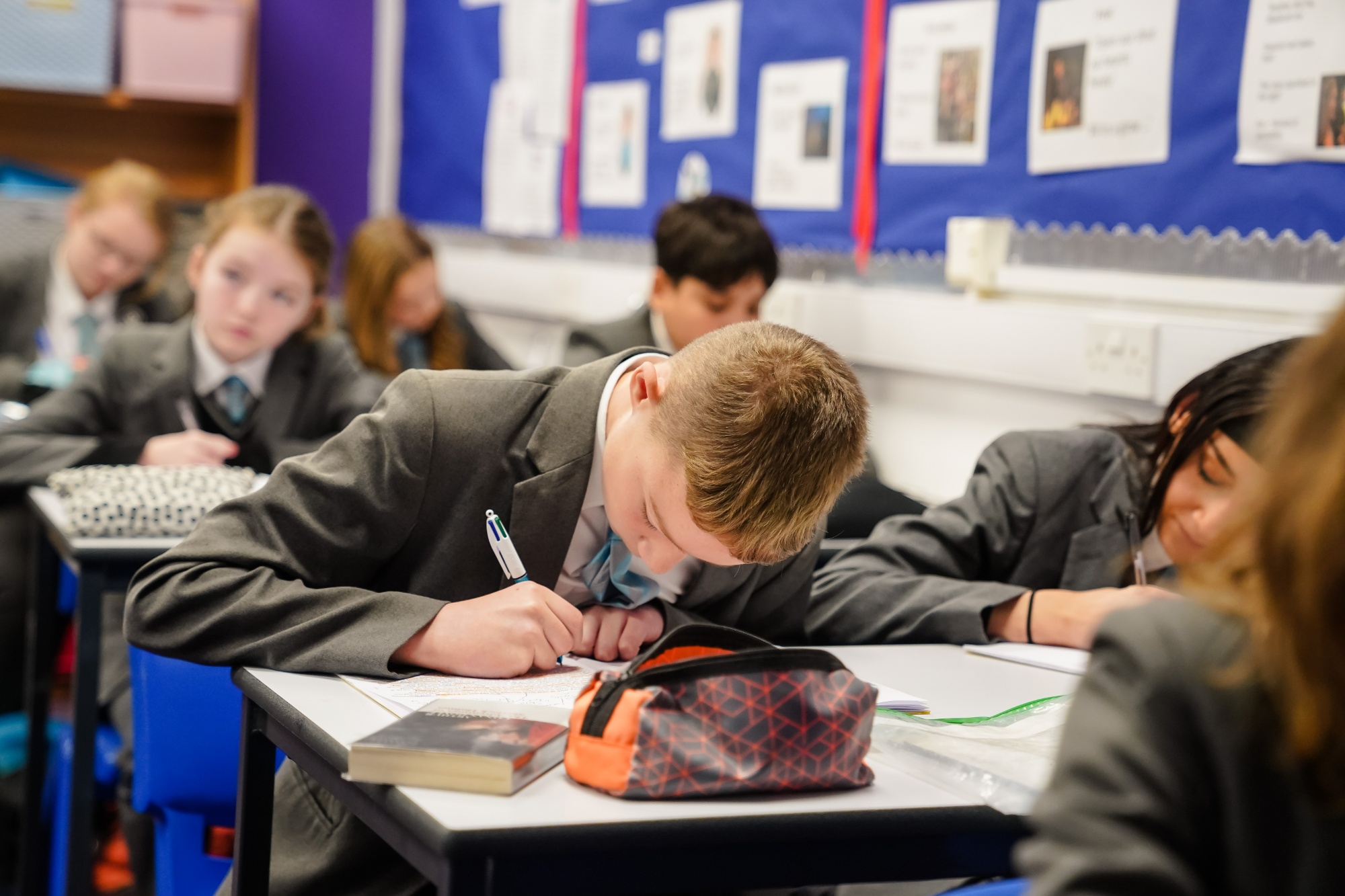Humanities
Geography
"Geography explains the past, illuminates the present and prepares us for the future. What could be more important than that?"
Michael Palin
In Geography we aim to inspire a curiosity and fascination about the world and its people that will remain with our students for the rest of their lives. Geography learning at Caister Academy helps students to understand more about the world and their place within it. Geography is exciting and dynamic, providing constant opportunities for new knowledge and understanding.
 Students explore a range of local, national, and global issues such as climate change, coastal erosion, deforestation, renewable energy, and inequality. They are encouraged to consider issues from the perspectives of a range of stakeholders, deepening their understanding of complex issues and developing their ability to critique, empathise and debate. With the additional skills of analysis, communication and data interpretation, students are well equipped to actively participate in a modern, democratic, and global society.
Students explore a range of local, national, and global issues such as climate change, coastal erosion, deforestation, renewable energy, and inequality. They are encouraged to consider issues from the perspectives of a range of stakeholders, deepening their understanding of complex issues and developing their ability to critique, empathise and debate. With the additional skills of analysis, communication and data interpretation, students are well equipped to actively participate in a modern, democratic, and global society.
Students who choose to study Geography at GCSE follow the AQA specification. The GCSE consists of three externally examined papers on the following topics:
Paper 1: Living with the Physical Environment:
-
The challenges of natural hazards
-
The living world
-
Physical landscapes in the UK
Paper 2: Challenges in the Human Environment:
-
Urban issues and challenges
-
The changing economic world
-
The challenge of resource management
Paper 3: Geographical Applications:
-
Issue evaluation
-
Fieldwork
Further details can be found at https://www.aqa.org.uk/subjects/geography/gcse/geography-8035/specification-at-a-glance
History
"We are not makers of history. We are made by history."
Martin Luther king jr.
The History Department strives to deliver a high-quality education to ensure students gain knowledge and understanding of Britain and the wider world; to provoke curiosity in the past; to provide students of all abilities with rich and engaging learning experiences through the teaching of a varied and broad curriculum and a variety of exciting extra-curricular activities.
At both Key Stage 3 and 4, students in history lessons develop a range of important skills. These include the ability to study and analyse evidence, frame, and support an argument, communicate ideas and opinions effectively, to debate and question the world around us. These skills prepare them for future learning and the world of work.
The history curriculum encourages the personal development of all students by equipping them to be responsible, respectful citizens who understand and appreciate diversity through the study of key societies. The study of history develops our ability to empathise with peoples and situations from the past. By understanding history, we understand more about ourselves and our local community.
History is a popular subject at GCSE and the department is proud of its students and their many successes. Students who choose to study GCSE History will follow the Pearson Edexcel GCSE (9 - 1) in History (1HI0). The GCSE consists of three externally examined papers on the following topics.
Paper 1: Thematic Study and Historic Environment (Paper code 1HI0 / 11)
· Medicine in Britain c1250-present
· The British sector of the Western Front, 1914-1918: injuries, treatment, and the trenches.
Paper 2: Period Study and British Depth Study (Paper codes: 1HI0/ B4)
· Early Elizabethan England 1558-88
· The American West c1835-c1895
Paper 3: Modern Depth Study (Paper codes 1HI0 / 31)
· Weimar and Nazi Germany, 1918-1939
Further details can be found at https://qualifications.pearson.com/en/home.html
Religious Studies
"We may have different religions, different languages, different coloured skin, but we all belong to one human race."
Kofi annan
Religious Studies at Caister Academy is a rigorous academic subject. It develops students’ religious literacy through opportunities to debate, critique and challenge their own and others’ ideas about a wide range of social, moral, and cultural issues.
Students learn about the key religious beliefs and practices of the six main world religions and are then encouraged to evaluate the impact these beliefs have on a person’s life and on society. Religious Studies provides our students with a broad and informed view of the world and helps them to better understand current affairs and the different values that drive our societies. It promotes tolerance, empathy and inclusion.
Students who choose to study Religious Studies at KS4 will follow the AQA specification A and will consider four philosophical and ethical themes through the lenses of two of the key religions. The course consists of two externally examined papers on the following topics:
Component 1: The study of religions: beliefs, teachings, and practices.
-
Christianity
-
Islam
Component 2: Thematic studies:
-
Relationships and families.
-
Religion and life.
-
Religion, peace and conflict.
-
Religion, crime and punishment
Further details can be found at https://www.aqa.org.uk/subjects/religious-studies/gcse/religious-studies-a-8062
